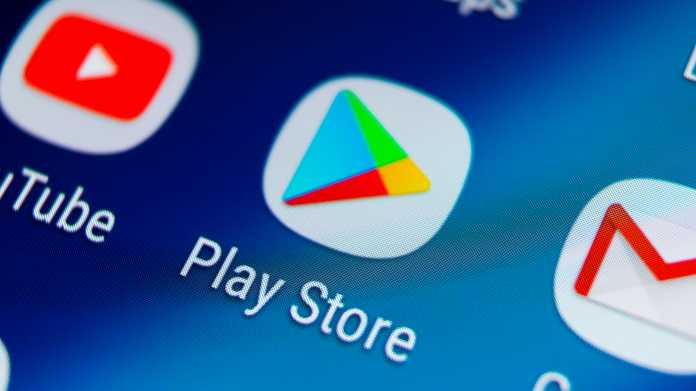Apple has given new details about the forced opening of its payment interface. Third-party payment systems are currently only intended for dating apps in the Netherlands – at the behest of a regulator. Before each in-app purchase that is billed directly from the provider, a warning message with the text “This app does not support the App Store’s private and secure payment system” must be displayed, as per the updated developer documentation.
Apple cuts commission by 3 percentage points
Developers must record every direct sale of digital content in their app and report it to Apple at specified times. Apple then wants to charge a commission of 27 percent on sales (excluding sales tax) and then bill the app provider. The company retains (up to) 30 percent commission for the otherwise prescribed use of Apple’s in-app purchase interface.
The 27 percent is a “reduced rate” that excludes the costs of making the payment, Apple says, charging a commission on third-party payments is in line with the order of the Dutch competition authority Authority for Consumers and Markets (ACM). The group has long insisted on having ownership of all in-app purchases in iOS apps – regardless of how they are billed.
Further penalties are threatened
After an initial fine of 5 million euros imposed by the ACM, Apple has now apparently activated its interfaces for external payments. However, the group still does not seem to meet all the requirements of the competition regulator, for example the regulators complained that developers have to decide whether they offer external or in-app payments. Neither is provided by Apple. “That is not allowed,” emphasized the ACM before.

The commissions on in-app purchases have long been a billion-dollar business for Apple, with the group estimated to have turned over around 20 billion US dollars last year alone – with a presumably very high profit margin. Large corporations and smaller developers have been openly attacking the Apple commission for several years. In South Korea, Apple and Google will soon be forced to generally allow third-party payment methods in apps. There are similar legislative projects in other countries, including Apple’s home market of the USA.

(lbe)

